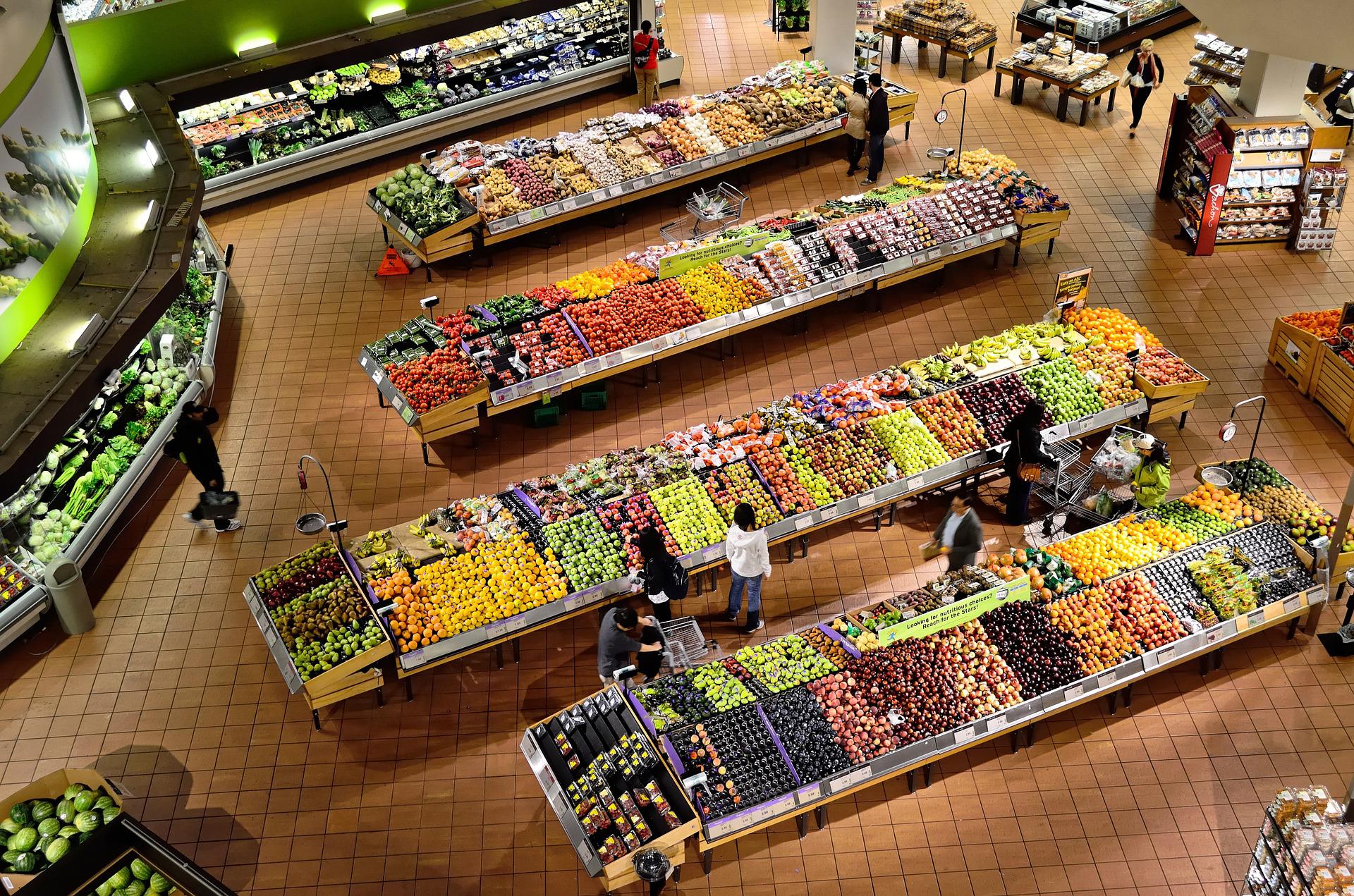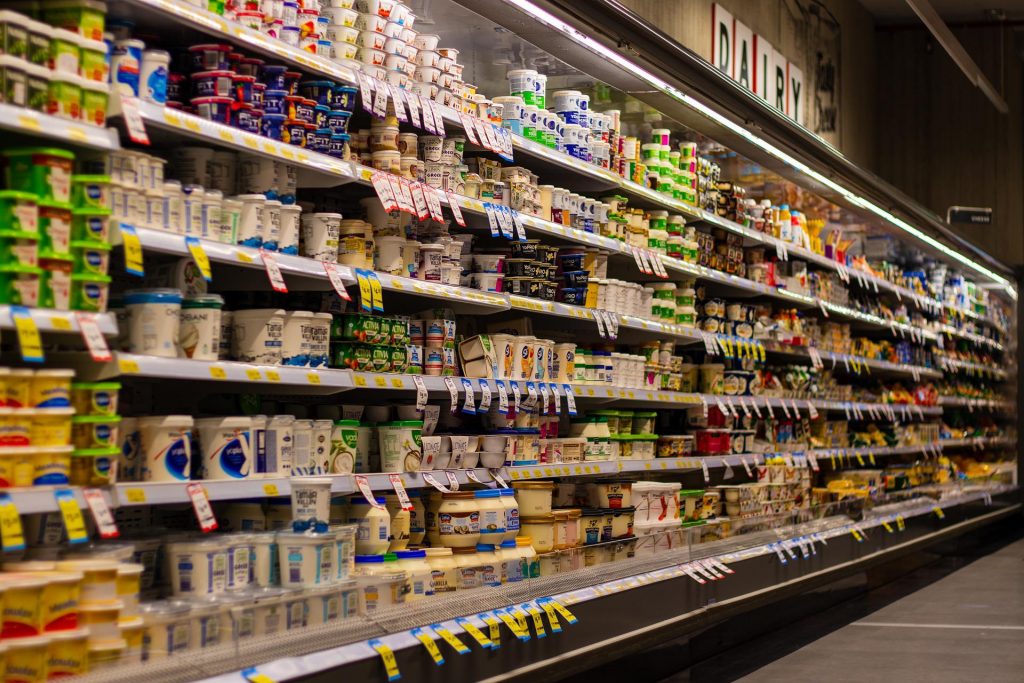
12 Sep How data is used in Retail promotions
As data experts, InfoCentric has a rich history of working with some of Australia’s most well known retailing brands.
These companies have many promotions running at any one point in time, which require a strong data management framework to be in place.
Data informs all of the decisions behind the promotions that you see in the shopping aisle, and there is a method behind the seemingly sporadic offers that we see everyday.
With help from Guy Clemens, our Retail Data Specialist at InfoCentric, we’re answering the question of how and why certain products go on promotion.
Why would something go on promotion in a retailer?
There are so many reasons that something might go on promotion.
Here are just a few:
- Retailers have too much stock. If a retailer has too much of a product, they might offer a promotion to push stock.
- Suppliers have excess stock. Sometimes suppliers will produce too much of a product, and offering a retailer a promotion can be passed on to the customer.
- Promotions worked well the year before. Often retailers will use data they have from last year and do similar promotions week on week.
- Seasonal promotions. When something is a seasonal special, retailers and suppliers will often provide promotions to ensure their product is recognised by shoppers.
- New products. Often if a brand has a new product out, they might offer a promotion to welcome the new product into the world.

How do suppliers make sure they’re not running the same offers?
Here’s a secret. Often suppliers will work together to ensure that they don’t run promos at the same time, thereby driving their cost price down with no benefit.
Competition is fierce, but surprisingly there is a lot of co-operation. Suppliers will look at data from last year, and assess against competitor data to ensure that they don’t have competing offers.
Likewise, suppliers don’t want their offerings competing against themselves at different outlets. This is where a strong retailer and supplier relationship is of critical importance.
Retailers need support from suppliers, so the promotions can work in sync with other retailers. This is where data is so vital.

What are vital ingredients for successful promotions?
Fundamentally, promotions are a complex operation, with lots of moving parts. Some of the main ingredients for a good promotion are:
-
People: especially Category Managers
Technology and data is one part of the puzzle, but promotions require a lot of teamwork behind the scenes from humans.
Category Managers working in retailers generally know everything about their product category. These team members can inform decisions in a way that technology can’t always grasp, and are able to feed that back to key stakeholders.
They can educate on when things should be promoted, how suppliers like to work, how easy/hard it is to negotiate lower costs etc.
-
Machine learning based AI
Machine learning based AI uses data to make decisions and support Category Managers.
It takes into account multiple influencing factors to recommend actions. This allows retailers to have quicker reaction times and enables more informed decision making.
AI helps suppliers and retailers understand what to sell, how much they should sell and project how much they will sell very accurately. This has become a vital ingredient in order to minimise wastage and predict the next move.
Machine learning helps with things like sales forecasts, metric judgements, campaigns and promotions predictions, stock logistics and waste reduction.
-
Data collection
The management of data is one thing. But where does the data come from in the first place? This is where things like loyalty programs typically come in to help collect relevant data. This data then informs AI.
Having a good data collection strategy is vital in the modern world. This raw data goes into AI forecasting workflows, which is then integrated into planning tools which help to map promotions.
These plans integrate with a master planning system, where people from all areas of the business can assess them and make amendments. Next, is pricing and contract management to agree terms between suppliers and retailers.
Once that’s all confirmed, the plans move to a retail delivery platform for stores to implement.
And that’s a rough guide to how retailers plan their promotions! As can be seen, the reliance upon data and AI is paramount to successful promotions, with guiding support and orchestration from Category Managers.
And that’s a rough guide to how retailers plan their promotions! Want to work with us? Head to our contact page.
Learn More:
Client Story: How a retailer transformed it’s cloud enterprise data platform
How Data Analytics Is Improving the Customer Experience In Retail
Data Analytics in Retail: Your Guide
The importance of a data analytics strategy

